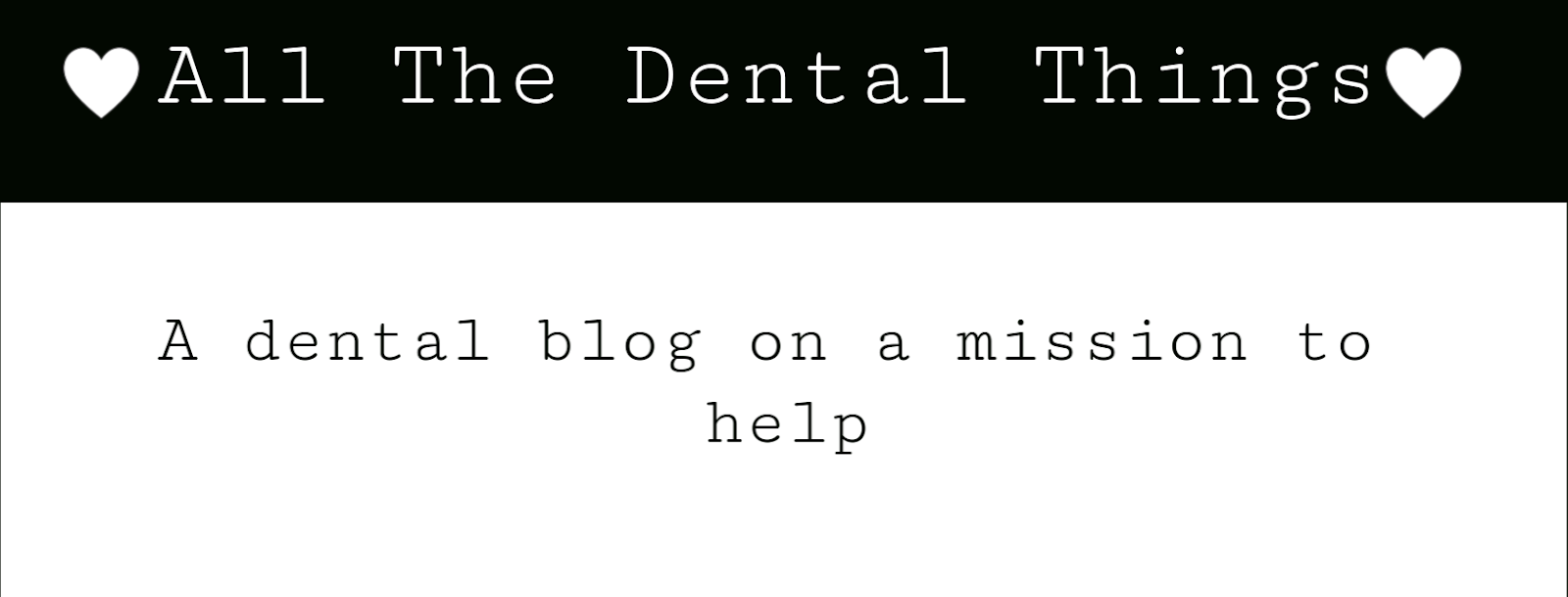How do you talk to your patients about grinding
Sometimes I think that hearing how other people are explaining things to their patients can be helpful. One topic that I find myself discussing day after day is grinding.
This is my typical explanation to a patient regarding the damage caused by clenching and grinding
An intraoral picture comes in handy , especially if you can get a picture where the recession is obvious on opposing teethI always start by asking if they notice if they clench or grind and if they have headaches or jaw pain
About half the time they are certain that they don't- almost a little defensive like I have just accused them of something horrible and then tell me that there spouse would have told them if they did (why people get so defensive I have no idea?)
I say something about in the past we thought that the recession was caused from aggressive tooth brushing but today we know that unless you are using a brillo pad to brush with it is actually caused by excessive trauma to your teeth and usually this occurs while you are sleeping.
A lot of times I will pull out a hand mirror and have them take a look and see if they can line their upper and lower teeth up "like a puzzle" most patients will agree that it isn't a comfortable position that they purposely put their jaw in during the day.
Then I explain that everyone clenches and or grinds differently so we see different signs- some times headaches, jaw pain, "pot holes" in the tops of the teeth, bone loss on the front of the teeth, gum recession, and sometimes enamel flaking off.
I use the analogy that if you put a stick in the ground (tooth in the bone) and kept tapping on the top of the stick eventually the sand around the stick would start to break away- this is similar to what happens to the bone around your teeth- your teeth come together in a specific way and the teeth that you contact first and hardest take the brunt of your grinding( ex. intraoral picture)- when you lose the bone the gum tissue also migrates away from the tooth because it doesn't have anything the attach to.
For abfractions : the junction of the tooth and the root is the weakest point of the tooth so when you are clenching or grinding you are causing a lot of torque on this area and sometimes it is too much for the enamel to withstand and it flakes off.
This seems horribly long but the whole conversation takes about 3 minutes and usually ends with a bite guard
Now we are discussing the link between clenching and grinding and sleep apnea- that’s another 2 minute spiel
Hope this helps



Comments
Post a Comment